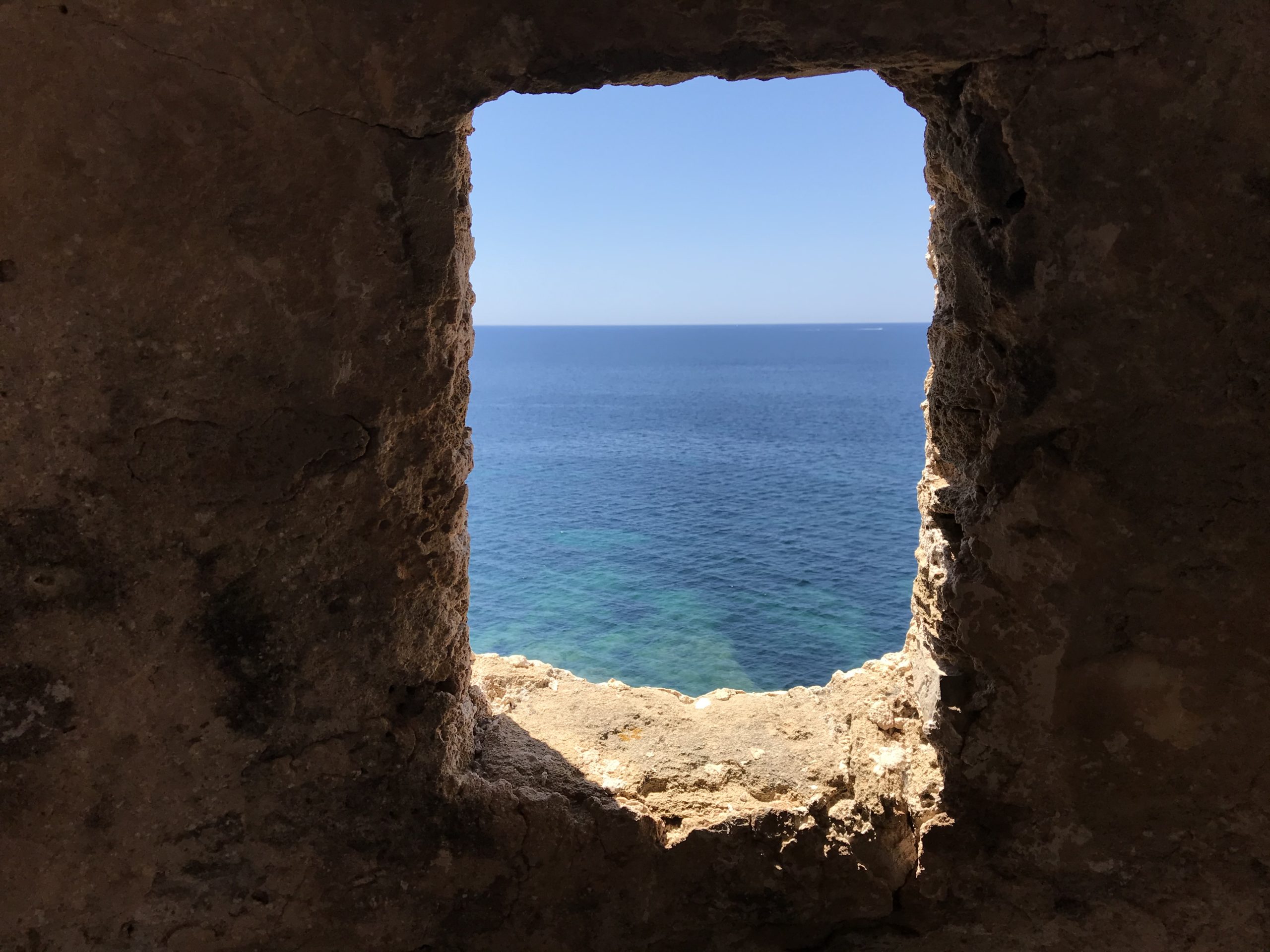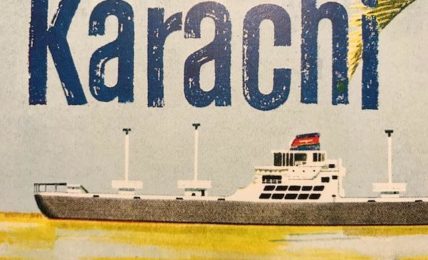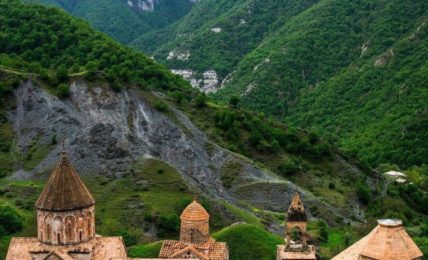Dal Libro dell’Inquietudine di Pessoa a Machiavelli, il viaggio senza il viaggio nella libertà dell’immaginazione
In tempi di pandemia gli argomenti di Pessoa sul viaggio sono inconfutabili, anzi rafforzati: il viaggio è qualcosa che non vale la pena.






Il senso della possibilità, più che il principio di realtà, permette di uscire dal cerchio del sé. Per questo il teatro e la letteratura sono la vera educazione civica.